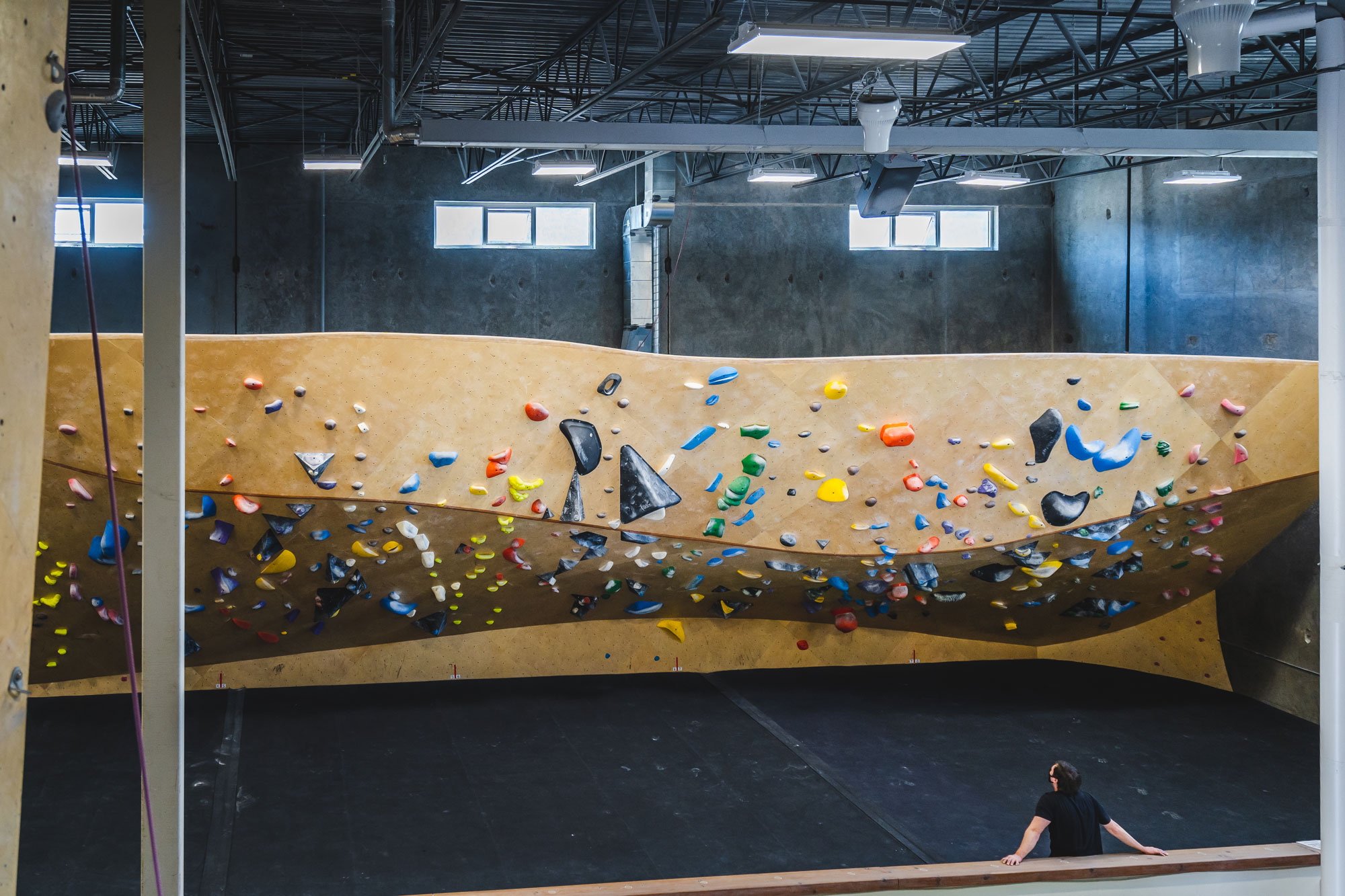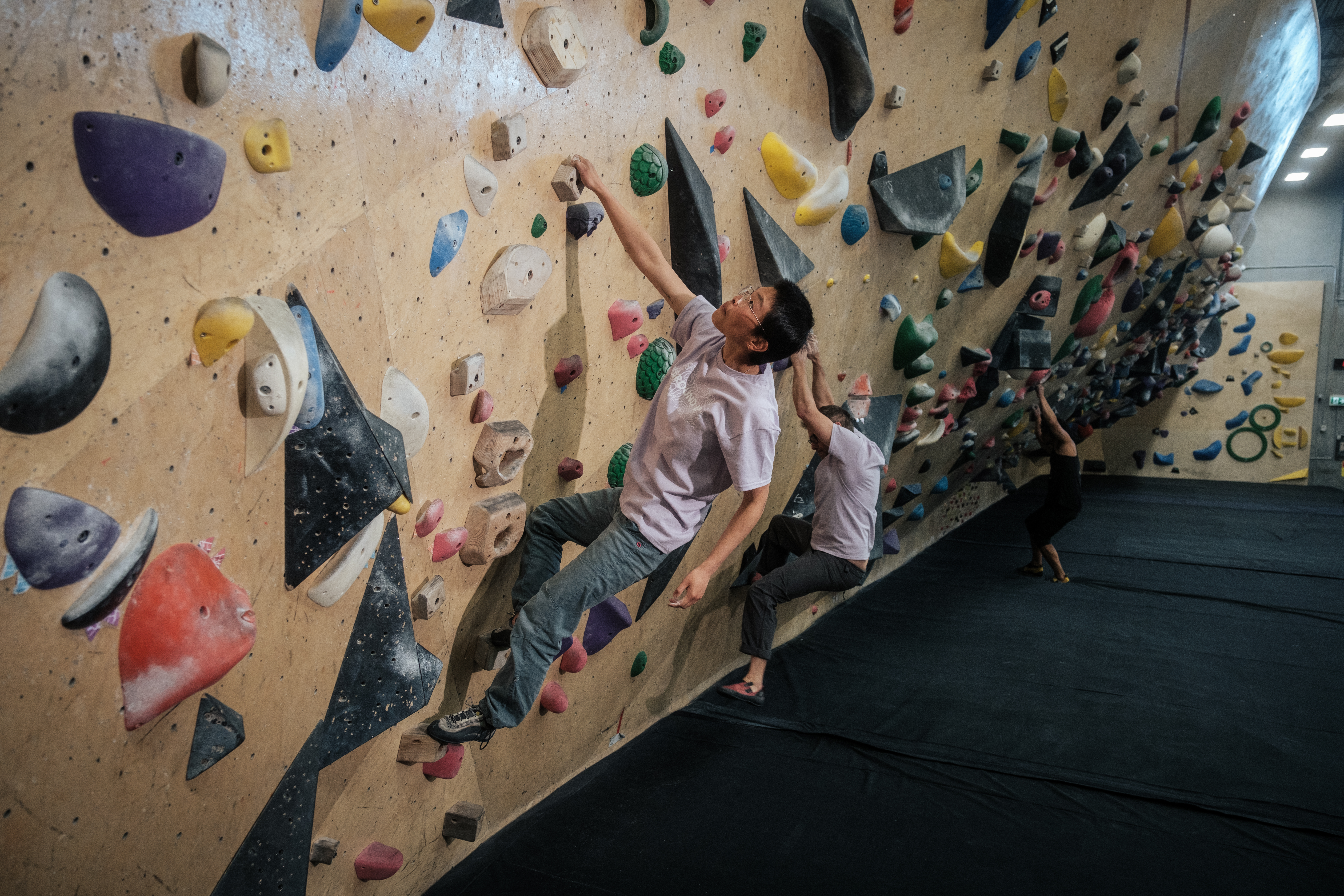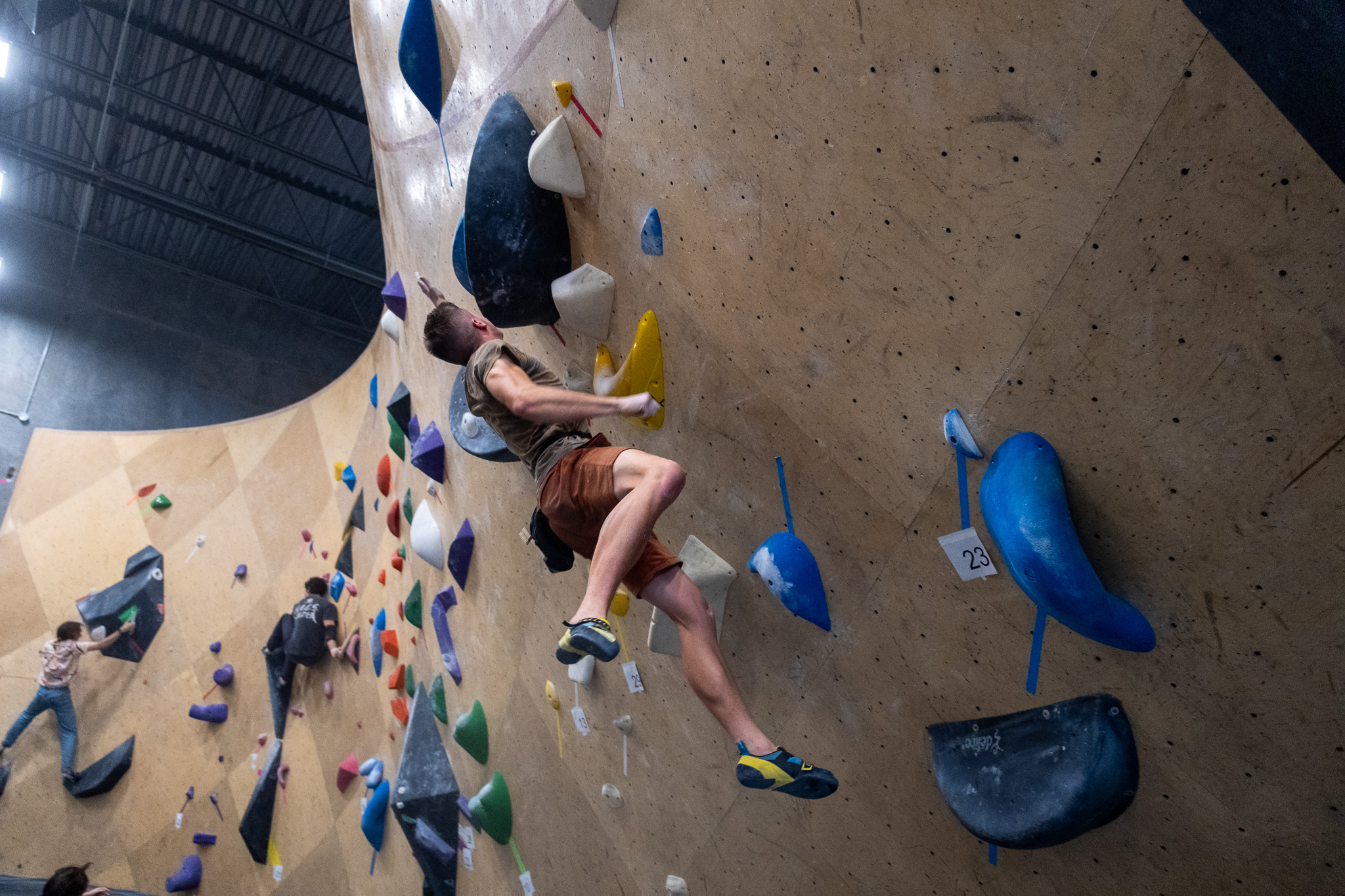Relocating for a better life is nothing new to many of us. Much of our climbing community has come together from climbers who moved to Squamish; Canada’s Climbing Mecca. Many of us wanted a place where we could climb consistently and be connected with a community that shares our values for the outdoors, so we made it happen; maybe leaving behind family or careers, and inevitably, our social networks.
This was a choice many of us made knowing we would be moving to a town with like-minded individuals who share our passions. For others, without the pre-existing identity of a mountain athlete, and without the language or cultural cues you are used to, the transition can be a lot more difficult. These difficulties are highlighted in this opinion piece by Habib Ly published in the Squamish Chief in 2021.
Over 20% of the Squamish labour force is made up of individuals who were not born in Canada (from data released from the 2016 census and as discussed in the economic profile for Squamish). This labour force has been supporting many industries in Squamish helping to grow our economic and cultural fabric.
In a quaint storefront on Cleveland Avenue, the “Hot Spot” is a collaboration between the Squamish Volunteer Society and Capilano University that focuses on bringing people into the community and supporting them in their transition to a new country. The Welcome Center and Squamish Newcomer Services, which leases space from the Hot Spot, run programming and services to help those who have just arrived, get settled in Squamish.
We had the opportunity to speak with Marisa Navarro, the outreach coordinator for the Squamish Newcomer Services, to shed light on some of the difficulties and realities that newcomers face in Squamish.
Who are the Squamish Welcome Centre Clientele?
The Squamish Newcomer Services at the Squamish Welcome Centre supports approximately 125 new residents per year, though no official metrics are currently collected.
Squamish has a large Punjabi community, a Filipino community, some refugee families from Syria and Ukraine as well as immigrants from other European nations, Mexico, and South America. Some are coming for a better life, but many are also escaping difficult situations.
“Squamish is actually quite diverse, but many people do not know or see that,” says Marisa. “Immigrants are very resilient people. Many have come from very difficult situations and have gone through a lot to get here, but they approach new challenges with positivity and gratitude. Every day is starting from scratch for them.”
Why do immigrants choose Squamish?
Sometimes it is because they already have family here, but often it is for the same reason you or I would- they want to be close to nature, to have a good quality of life, and there are many service jobs in the community which creates opportunity.
What are some of the barriers you see newcomers facing when they arrive in Canada, and particularly in Squamish?
It is really based on a case by case scenario. It is a very long process to come to Canada and the federal website is very hard to read, especially if English is your second language. Many are coming from very difficult situations and already have a lot of stress. On top of that, they must hire someone to manage the steps and pay a lot of money to do so.
The biggest barriers are all the administrative steps like obtaining a driver’s license, getting access to the medical services plan, and managing work expectations- All of these steps get harder when you are also learning the language as well.
Many immigrants notice the cultural differences in how organized everything is, and how focused on work many people are and it can be very overwhelming. How we build relationships in Squamish is different from other places.
“A hardcore community like Squamish might be a little intimidating for some people that have never been involved in climbing. On another hand, it might be really empowering too.” Says Marisa.
What services does Newcomer Services at the Squamish Welcome Centre offer?
The Newcomer Services at the Squamish Welcome Centre, and Immigration Services BC, aim to offer connection to the community; they run community events like potlucks and gatherings, but also have language classes and offer services to support newcomers to understand their rights as new Canadians.
“We want to create a sense of belonging,” says Marisa. “We have a community garden to help people understand what grows in Canada and we manage this through a partnership with Squamish Climate Action Network (CAN) to run events and classes.”
How can the Squamish Climbing Community Support Newcomers and Immigrants better?
Marisa suggests that the Squamish community needs to have a lot of understanding of the challenges these immigrants have faced. “Be active listeners and be curious. Ask “How are you?” “Do you need anything?” she says. Leaning into that space where you admit you don’t know about different cultures and traditional practices can be a great space for learning and providing an opportunity for sharing and connection. People who have moved from somewhere else love to hear that people are interested in their experiences and that connection will create a rich experience for both sides. It will keep our community healthy.
“We are responsible for the community we build”, says Marisa, alluding to the conscious decisions we make when we welcome someone in and decide to learn about their experience and celebrate their differences.
What can the Ground Up Community do?
This summer Ground Up will be running a series of belay sessions and Ground Schools aimed at people for whom English is a second language and who have recently immigrated to Canada. We are also working with the Squamish Newcomers Services to offer some follow-up Ground School belay courses, for those who want to take climbing into their own hands.
We are looking for volunteers to help us with the “Meet and Greet Squamish Climbers” belay sessions. All you need is your top-rope belay check at Ground Up and a willingness to meet new people: we will organize the rest. The event will be free to those participating through the Squamish Newcomers Services and the day pass for all volunteers will also be complementary.
This will be a great opportunity to meet new people and learn about some of the folks you might not already run into at the crag or around town.
First event: Wednesday August 31st





